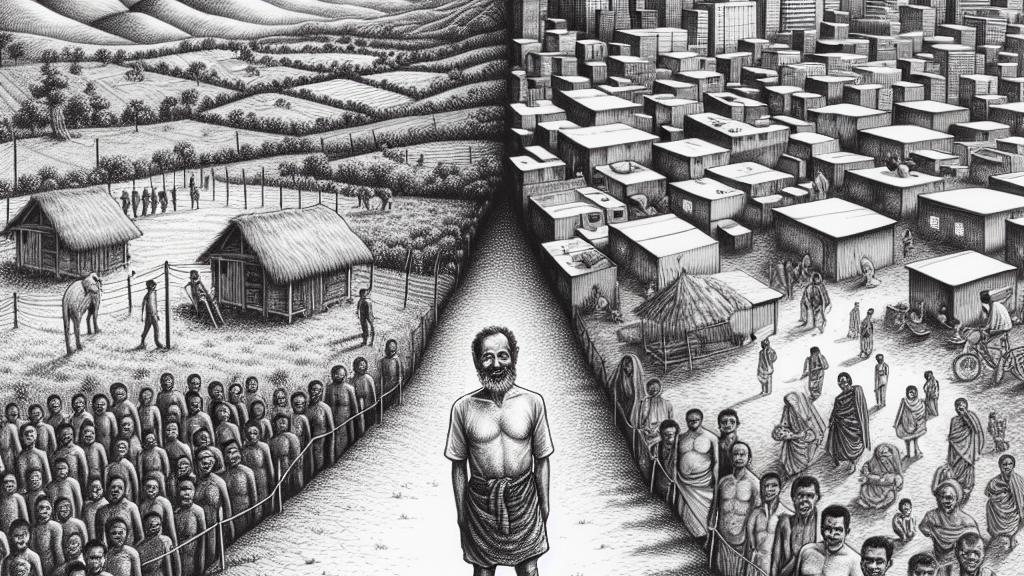Why Men Living in Rural Areas Have Shorter Lifespans Than Those in Urban Areas
Overview
- Men in rural areas consistently show a shorter life expectancy compared to those residing in urban centers, highlighting significant health disparities.
- Lifestyle factors such as smoking, poor diet, and limited access to healthcare services play a crucial role in this phenomenon.
- Education significantly influences health outcomes, suggesting that improving educational opportunities could lead to better health and longevity.

The Stark Lifespan Discrepancy: An Eye-Opener
In America, the shocking reality is that rural men live about two years less than their urban counterparts. This gap, which has tripled since the late 1990s, isn't just a number; it reflects deeper societal challenges. Imagine a rural community where access to healthcare is scarce and where health education barely reaches younger generations. This situation highlights the unique struggles that rural residents face, drawing attention to the urgent needs for better resources and support systems that can positively impact their lives.
Lifestyle Factors: A Recipe for Poor Health
Several lifestyle choices contribute to the shorter lifespans of rural men. For example, the smoking rate is substantially higher in these areas, leading to chronic illnesses such as heart disease and respiratory problems. Additionally, rural communities often wrestle with obesity and its associated health issues. Consider the case of a 65-year-old rancher. Limited access to nutritious food and healthcare facilities may bar him from seeking necessary medical attention, trapping him in a cycle of poor health. Furthermore, environmental factors—like limited access to parks and gyms—also play a role in a sedentary lifestyle. Therefore, the combination of poor health choices and inadequate resources amplifies the health crisis in these communities.
Education: The Key to Unlocking Better Health Outcomes
Amidst these challenges, education emerges as a powerful tool for change. Studies reveal that when researchers consider education levels, the health gap between rural and urban men shrinks dramatically. Higher education correlates strongly with better health practices—those with college degrees often prioritize regular check-ups and maintain healthier diets. Picture a college-educated man in a rural area; he is more likely to encourage his family to focus on wellness and preventative care. Fostering educational opportunities, therefore, can not only enhance individual health but also uplift entire communities, paving the way for a brighter and healthier future. Indeed, investing in education could be the transformative solution that provides rural men with a longer, healthier life.

Loading...